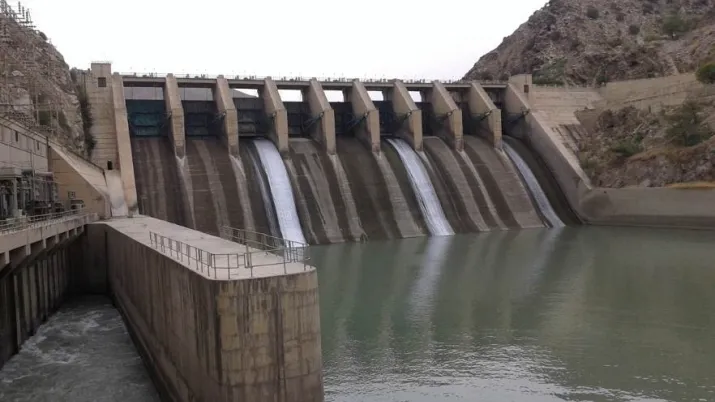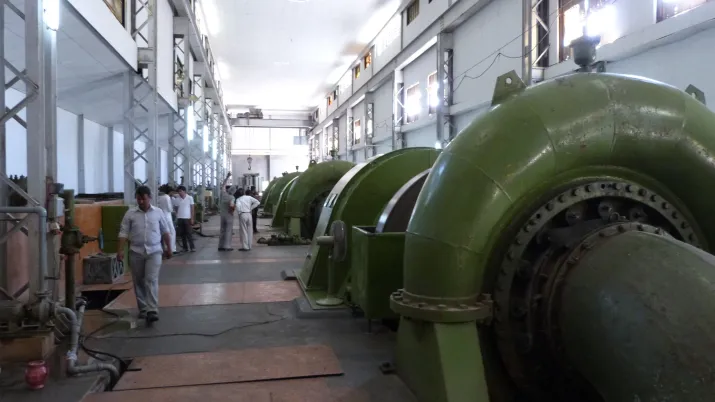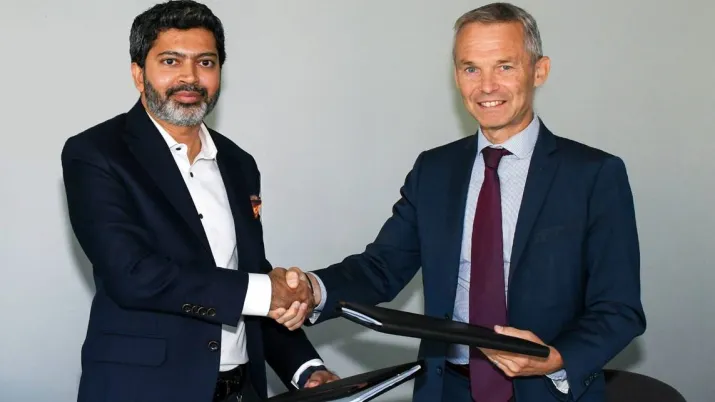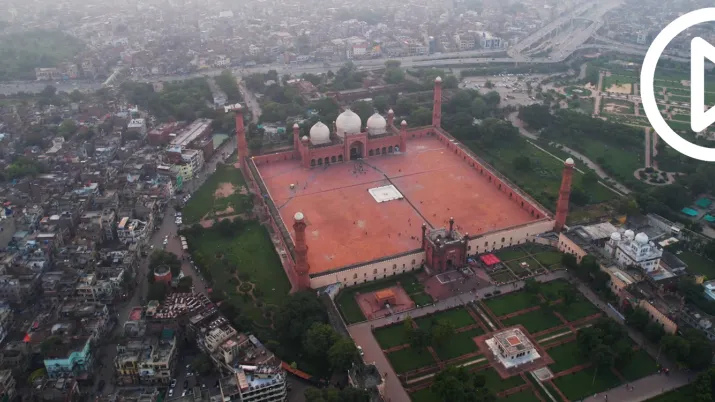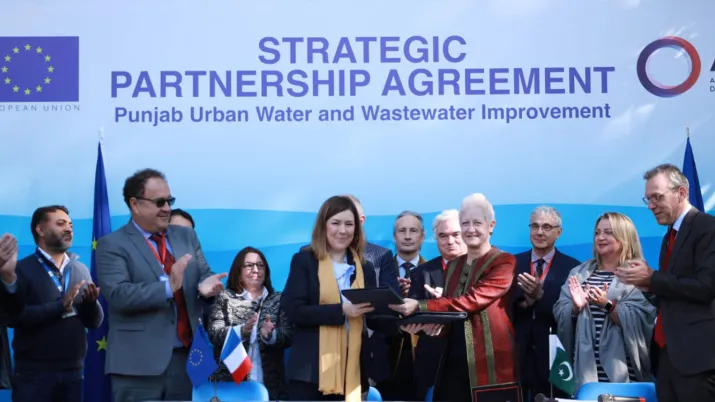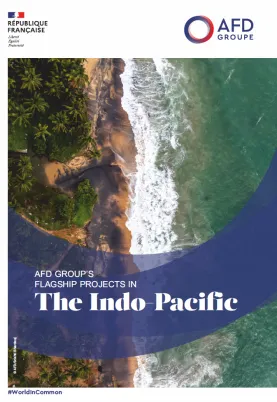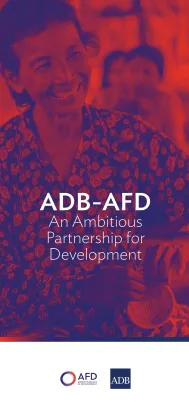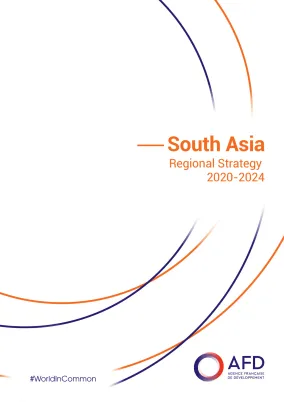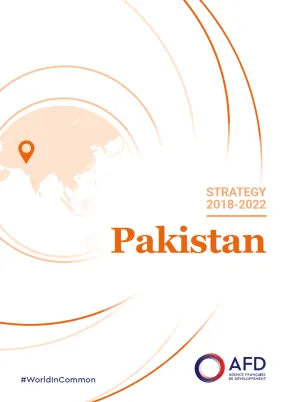Share the page
Pakistan
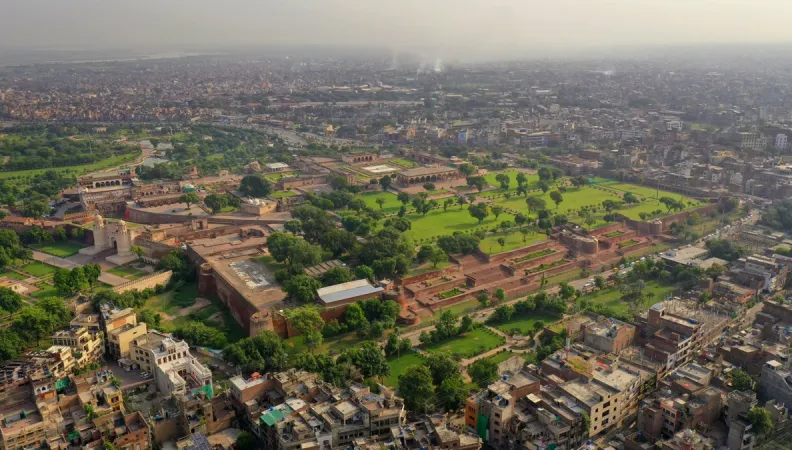
Pakistan is experiencing rapid population growth and currently ranks as the fifth most populous country in the world. The country must meet the essential needs of its population while addressing the energy challenges critical to its development. Since 2006, Agence Française de Développement (AFD) has been supporting Pakistan in the areas of renewable energy and energy efficiency.
Context
Located at the crossroads of South Asia, Central Asia, and the Middle East, Pakistan is a key player in shaping global political, security, and economic dynamics. Once sustained by strong growth that enabled it to remain a lower-middle-income country, Pakistan now stands at a turning point, facing the need for structural reforms in a context of severe domestic constraints and declining economic performance.
In response to the ongoing economic crisis, Pakistan is seeking to diversify its international partnerships. While continuing its central dialogue with the International Monetary Fund (IMF), the country is also engaging with Asian donors and Gulf countries.
The world’s fifth most populous country, Pakistan grew from 33 million inhabitants at independence in 1947 (excluding East Pakistan, now Bangladesh) to 80 million in 1980 and reached 241.5 million in 2023. Despite a demographic transition now underway, the birth rate remains high (31 per 1,000), and the natural population growth rate (2.3%) continues to outpace economic growth, keeping 40% of the population in poverty (based on the PRITI threshold of $3.65 per day).
With 64% of the population under the age of 30, Pakistan’s youth could represent a major development asset. By 2050, the population could reach 380 million—an increase of over 1,000% in a century. However, the country has yet to harness the potential of this demographic growth, largely due to low investment in human capital.
The floods of September 2022 exposed Pakistan’s climate vulnerabilities, with one-third of the country submerged, 1,700 deaths, 15% of the population affected, and 1.2 million people still displaced. As a recurring phenomenon, the 2025 floods affected over 6 million people, including more than 4 million climate-displaced individuals.
Active in Pakistan since 2006, Agence Française de Développement (AFD) is particularly committed to financing resilient infrastructure and strengthening community resilience through an integrated approach. AFD provides sovereign and non-sovereign loans and mobilizes grants, including European funds through the Asia Investment Facility and support from the Gates Foundation to strengthen health systems.
Our approach
"AFD and Pakistan: promoting green and inclusive growth"
Pakistan’s energy sector is facing a major crisis: national production meets only about half of the country’s electricity demand. Frequent power outages hinder business operations, affect industrial output, and slow both economic growth and the well-being of the population.
To address these challenges, Agence Française de Développement (AFD) focuses its efforts on energy efficiency and conservation, while also supporting the development of renewable energy. AFD finances projects that harness the country’s significant hydropower potential, through the construction and rehabilitation of power plants.
These investments help expand access to reliable, environmentally sustainable energy, thereby improving living conditions for local communities.
AFD also supports the strengthening of the national electricity transmission and distribution network to expand access to energy, particularly in the Punjab and Sindh provinces, with support from Proparco.
Pakistan is one of the most urbanized countries in the region. Since 1951, its urban population has grown by an average of 4% per year. By 2030, nearly 60% of the population is expected to live in cities, with twelve urban areas exceeding one million inhabitants, including Karachi with over 20 million people and Lahore with more than 13 million.
In the face of rapid urbanization, new approaches to urban planning, access to essential services, and the performance of transport systems are essential to support growth and preserve productivity.
In this context, Agence Française de Développement (AFD) supports the development of Pakistani cities by placing sustainable mobility at the core of its work. Its financing aims to strengthen transport infrastructure in rapidly growing urban centers, helping to reduce congestion, air pollution, and CO₂ emissions.
AFD also contributes to urban attractiveness by supporting the preservation and enhancement of historical heritage, helping to develop the tourism sector and improve living conditions for residents.
Pakistan’s growing population and the rapid expansion of its urban centers pose significant challenges in delivering essential services. Investment in water and sanitation is therefore critical. Since 2018, Agence Française de Développement (AFD) has been supporting the country in improving both access to and the quality of these services.
A €95 million loan was granted to the Faisalabad Water and Sanitation Agency (F WASA). This financing aims to increase the supply of drinking water by 30 million gallons per day through the construction of a new production facility, the expansion of an existing plant, and the optimization of the distribution network.
Beyond boosting production capacity, AFD promotes a comprehensive and sustainable approach to the sector. Its actions focus on reducing water losses, both physical and commercial, expanding networks to underserved neighborhoods, and strengthening the financial sustainability of operators by improving their performance.
AFD also supports capacity building through its backing of the Al Jazari Academy, which trains professionals from water agencies across the country. Given the strategic importance of the sector for Pakistan’s future, this commitment will continue in the years ahead.
In Pakistan, climate change and natural disasters have a direct impact on daily life. To strengthen resilience, Agence Française de Développement (AFD) finances climate-friendly investments, with a focus on water, sanitation, and energy, sectors that are essential to the stability and well-being of communities. AFD also supports the resilience of both populations and systems.
Disaster risk prevention and management are not treated as stand-alone issues. They are integrated across all projects and may also receive dedicated funding when needs are critical.
Because resilience must go hand in hand with social justice, AFD ensures that each project also helps reduce inequalities by addressing gender, gender equality, and social inclusion.
AFD’s operations are concentrated in strategic and vulnerable areas of the country: Punjab, the demographic and economic engine; Khyber Pakhtunkhwa, a pioneer in climate policy; and Gilgit Baltistan, a key territory for environmental balance.
In the field
Projects
News & Press Releases
Restoring Ancient Artefacts, Protecting Pakistan’s Heritage and Boosting the Economy
Published on April 17, 2024
Publications & Media
Key figures
-
1.5 billion euros committed in 20 years
-
44 projects financed since 2006
-
930 million euros in the clean energy sector

